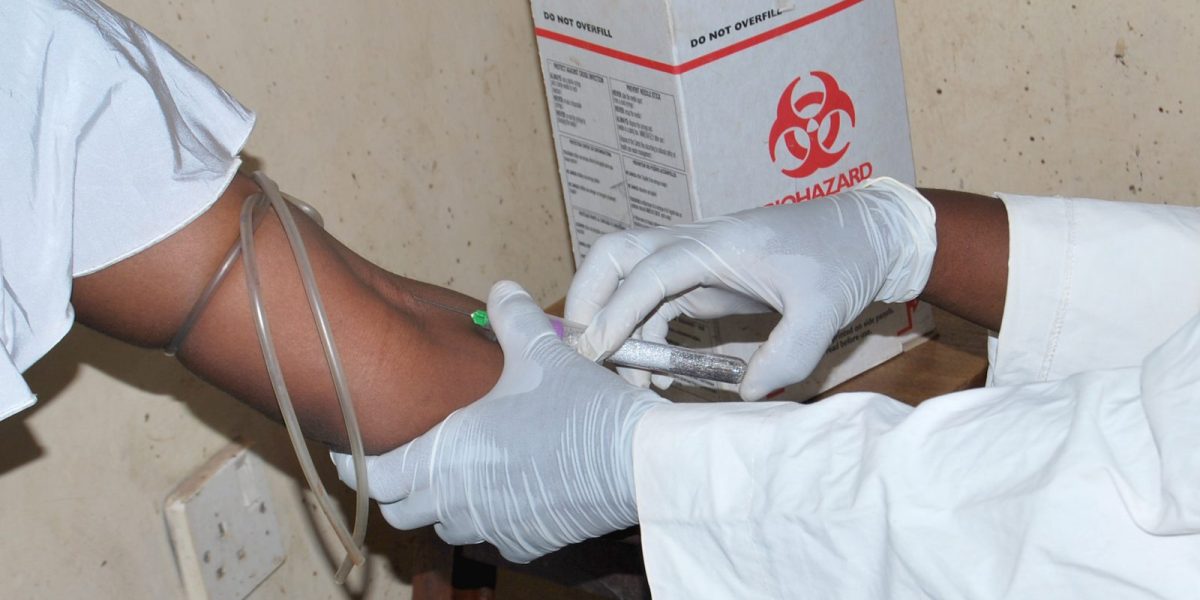The Africa Collaborative Initiative to Advance Diagnostics (AFCAD) is a strategic partnership between the Africa Centres for Disease Control and Prevention; African Society for Laboratory Medicine; Institut de Recherche, de Surveillance Epidémiologique et de Formation; WHO-AFRO; Clinton Health Access Initiative; African Field Epidemiology Network; UNITAID; and other partners to increase access to quality diagnostics towards the achievement of universal health coverage in Africa.
The Role of AFCAD
The role of AFCAD is to support efforts that will enable all Member States to achieve equitable access of up to 80 percent coverage to the essential package of health, including essential diagnostics as defined by WHO, taking advantage of technological innovations delivered through optimized integrated laboratory networks. This is expected to support achievement of the Sustainable Development Goals as well as improved adherence to International Health Regulations (2015).
AFCAD supports activities towards achieving the following goals:
- Eliminating or eradicating diseases prioritized by global health normative agencies such as ending HIV epidemics including elimination of mother-child transmission (eMTCT), multi-resistant tuberculosis, malaria, viral hepatitis, cervical cancer and other STIs (Syphilis, Gonorrhea, Chlamydia) and neglected tropical diseases.
- Early detection and prevention of antimicrobial resistance, to protect the effectiveness of antimicrobials for human and animal health and support the overall global development.
- Reducing the barriers to early detection, prevention and management of non-communicable diseases such as cardiovascular diseases, diabetes and cancers.
- Preventing disease outbreaks and reducing their human, economic and social cost by instituting early warning systems and ensuring timely detection and diagnosis of epidemic-prone diseases.
The AFCAD Approach
AFCAD will prioritize approaches that address critical gaps and unmet needs of laboratory diagnostics such as:
- Accelerating regulation to facilitate timely and wide access to essential diagnostics
- Market interventions towards increased affordability of diagnostic testing and reduction of user-fees
- Communication and dissemination of data supporting evidence-based improvement of diagnostic services and the smart investment of resources
Advocacy for appropriate investment in diagnostics.

